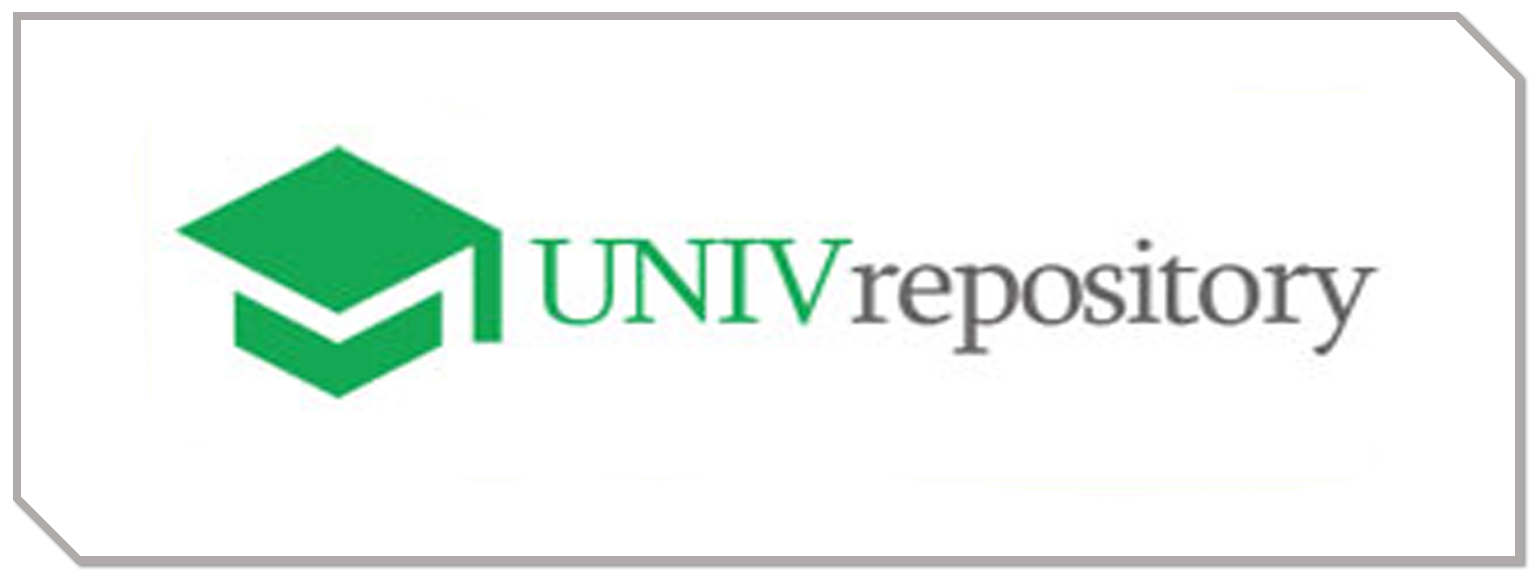ANALISIS KEMAMPUAN BERPIKIR KRITIS SISWA TERHADAP MATERI MUNAKAHAT PADA PEMBELAJARAN FIQIH
DOI:
https://doi.org/10.38153/almarhalah.v6i2.19Keywords:
critical thinking skills, FiqihAbstract
Fiqih is one of the essential subjects at the Madrasah Aliyah level because it provides an understanding of Islamic Shari'a law.Law is dynamic, therefore, to understand Islamic law, critical and creative thinking is needed. This is due to the growing era and the ever-changing problems of life. The industrial revolution 4.0 is a 21st century world development that demands changes in competence, which is marked by the use of information and communication technology in all aspects of life, including in the learning process. The ability to think critically, solve problems, and collaborate is an important competency in entering the life of the 21st century, requiring the government to improve human resources. Likewise in the world of education, students must be able to solve problems with their critical thinking skills. This study aims to analyze the critical thinking skills of class XI students in one of the madrasah aliyah in the city of Bandung. The method used in this research is descriptive quantitative using a test as a research instrument. The results of processing and analysis of this study indicate that students' critical thinking skills are in the moderate category with an average score of 73. Therefore, in the learning process, teachers must always improve the quality of education by facilitating students to develop their critical thinking skills and abilities.
References
Agnafia, D. N. (2019). Analisis Kemampuan Berpikir Kritis Siswa Dalam Pembelajaran. Florea, 6, 45–53.
Amri, Sofan & Ahmadi, I. K. (2010). Proses Pembelajaran Innovatif dan Kreatif dalam Kelas. Prestasi Pustakaraya.
Asmarani, N. D. A. D., Yohanie, D. D., & Handayani, A. D. (2021). Analisis Kemampuan Berpikir Kritis Siswa Berkemandirian Belajar Tinggi Dalam Menyelesaikan Masalah Program Linear. Sinkesjar.
Bakry, N. (2013). Fiqih dan Ushul Fiqih. Raja Grafindo Persada.
Barry, M. (2012). What skills will you need to succeed in the future? Phoenix Forward. Tempe: AZ, University of Phoenix.
Bharata, & Fristadi. (2015). Meningkatkan Kemampuan Berpikir Kritis Siswa dengan Problem Based Learning. Prosiding Seminar Nasional Matematika dan Pendidikan Matematika Jurusan Pendidikan Matematika UNY.
Dito, S. B., & Pujiastuti, H. (2021). Dampak Revolusi Industri 4.0 Pada Sektor Pendidikan: Kajian Literatur Mengenai Digital Learning Pada Pendidikan Dasar dan Menengah. Jurnal Sains dan Edukasi Sains, 4(2), 59–65.
Ennis, R. H. (1991). Critical Thinking: Astreamlined Conception. Univerity of Illinois.
Facione, P. A. (1998). Critical Thinking: What It Is and Why It Counts. The California Academic Press.
Fischer, S. C., Spiker, V. A., & Riedel, S. L. (2009). Critical thinking training for army officers. Arlington, VA: U.S. Army Research Institute for the Behavioral and Social Sciences, 2.
Frydenberg, M., & Andone, D. (2011). Learning for 21 st Century Skills.
Hidayah, R., Salimi, M., & Susiani, T. S. (2017). Critical Thinking Skill: Konsep Dan Inidikator Penilaian. Jurnal Taman Cendekia, 1(2).
Ibrahim. (2011). Pengembangan Kemampuan Berpikir Kritis dan Kreatif Matematis Siswa Melalui Pembelajaran Berbasis-Masalah yang Menghadirkan Kecer-dasan Emosional. Prosiding Pendidikan Matematika FMIPA UNY.
Jayadipura, Y. (2014). Mengukur Kemampuan Berpikir Kritis Matematik. Prosiding Seminar Nasional Pendidikan Matematika Program Pasca Sarjana.
Johnson, E. B. (2002). Contextual Teaching and Learning. Corwin Press.
Koasih, E. (2014). Strategi Belajar dan Pembelajaran. Yrama Widya.
Mardhiyah, R. H., Aldriani, S. N. F., Chitta, F., & Zulfikar, M. R. (2021). Pentingnya Keterampilan Belajar di Abad 21 sebagai Tuntutan dalam Pengembangan Sumber Daya Manusia. Lectura: Jurnal Pendidikan, 12(1).
Nur, M. (2013). Pendidikan dan Latihan Pembelajaran Inovatif dan Pengembangan Perangkat Pembelajaran Bermuatan Keterampilan Berpikir dan Perilaku Karakter. Kerjasama program studi Magister Pendidikan Biologi PPs Unlam dengan Pusat Sains dan Matematika UNESA.
Nuryadi. (2017). Dasar-dasar Statistik Penelitian. Sibuku Media.
Orlich, D. C. (2010). Teaching strategis a guide to effective instruction. Cengage Learning.
Pratiwi, S. N., Cari, C., & S, A. N. (2019). Pembelajaran IPA Abad 21 dengan Literasi Sains Siswa. Jurnal Materi dan Pembelajaran Fisika (JMPF), 9.
Pujiono, S. (2012). Berpikir Kritis dalam Literasi Membaca dan Menulis Untuk Memperkuat Jati Diri Bangsa. UNSOED: Prosiding Bahasa dan Sastra Indonesia.
Purnamasari, E., & Darmadji, A. (2019). Problem-Based Learning (Pbl) Model Of Religious Islamic Education To Improve Students’ Critical Thinking And Learning Outcomes Of Sma Sains Al-Qur’an (Quranic Science High School) Wahid Hasyim Yogyakarta. Jurnal Pendidikan Agama Islam.
Purwati, R., Hobri, & Fatahillah, A. (2016). Analisis Kemampuan Berpikir Kritis Siswa Dalam Menyelesaikan Masalah Persamaan Kuadrat Pada Pembelajaranmodel Creative Problem Solving. Kadikma, 7, 84–93.
Rani, F. N., Napitupulu, E., & Hasratuddin. (2018). Analisis Kemampuan Berpikir Kritis Matematis Siswa Melalui Pendekatan Realistic Mathematics Education Di SMP Negeri 3 Stabat. Paradikma Jurnal Pendidikan Matematika, 11(1).
Ristiasari, T., Priyono, B., & Sukaesih, S. (2012). Model Pembelajaran Problem Solving Dengan Mind Mapping Terhadap Kemampuan Berpikir Kritis Siswa. Unnes Journal of Biology Education, 1(3).
Rizki, M. E., Lesmono, A. D., & Supriadi, B. (2019). Analisis Kemampuan Berpikir Kritis Siswa Dalam Menyelesaikanopen-Ended Question Pada Materi Fluida Statis Di SMA. Jurnal Pembelajaran Fisika, 8(4), 288–294.
Ruggerio, V. R. (2012). Beyond Feelings: A Guide to Critical Thinking. McGraw-Hill.
Setiawan, A. R., Puspaningrum, M., & Umam, K. (2019). Pembelajaran Fiqih Mu’āmalāt Berorientasi Literasi Finansial. Tarbawy: Indonesian Journal of Islamic Education, 6(2).
Sunaryo, Y. (2014). Model Pembelajaran Berbasis Masalah untuk Meningkatkan Kemampuan Berpikir Kritis dan Kreatif Matematik SMA di Kota Tasikmalaya. Jurnal Penelitian Pendidikan Matematika UPI.
Syarifuddin, A. (2010). Hukum Perkawinan Islam di Indonesia. Kencana.
Wagner, T. (2010). Overcoming The Global Achievement Gap (online). Harvard Univercity.









